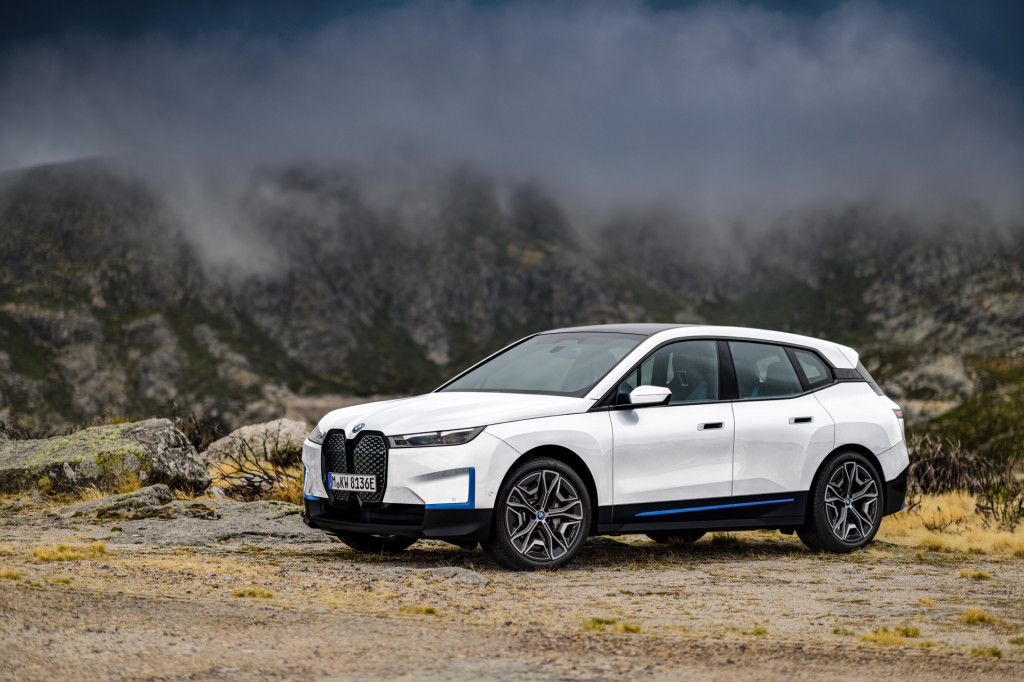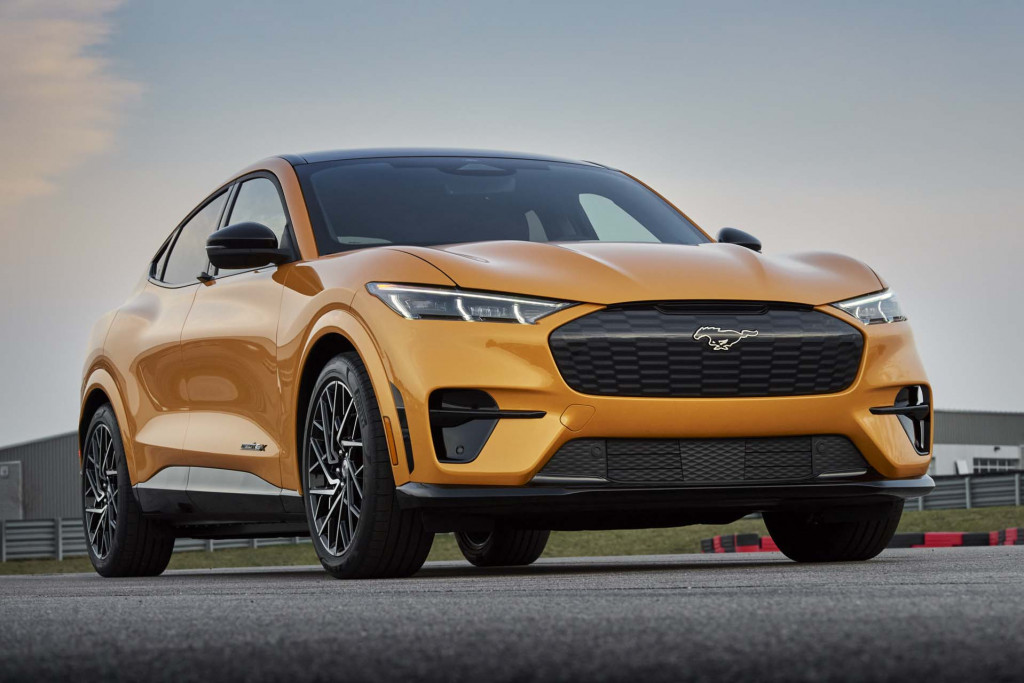BMW, Ford, and General Motors are partnering with California not-for-profit utility Sacramento Municipal Utility District (SMUD) on a pilot program that will incentivize off-peak EV charging.
The pilot program will allow utility customers in California's state capital to take advantage of lower electricity rates, while helping to balance the grid, SMUD said in a press release.
The three participating automakers will allow access for remote home-charging management, creating charging schedules so that vehicles are plugged in at the optimal time.

2023 BMW iX xDrive50
"Customers with EVs from participating automakers will receive incentives for enrolling, and quarterly incentives for participating in the pilot program," the release explained, although specific details on those incentives weren't provided.
Charging EVs at off-peak times, when there is less general demand for electricity, makes use of otherwise excess capacity, keeping the level of demand more considerate. This balancing of the grid reduces strain on infrastructure.
Recent California heat waves have accelerated the quest for solutions that will ease the load on the grid while growing renewables. That includes use of bidirectional charging to allow EVs to discharge power back into the grid during periods of high demand, sometimes referred to as vehicle-to-grid (V2G). California has proposed wide-ranging V2G plans—although smart charging will go a long way to help the situation too.

2021 Ford Mustang Mach-E GT
Another California utility, Pacific Gas & Electric (PG&E), has expanded bidirectional charging pilots. One such program will incentivize EV owners $2,500 plus up to $2,175 depending on the level of participation.
California is a good location for these utility pilot programs. It not only has the nation's largest EV fleet, but also leads in home-charging installation, so there's a much larger pool of utility customers able to participate in these programs than in other states.












